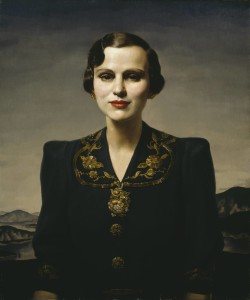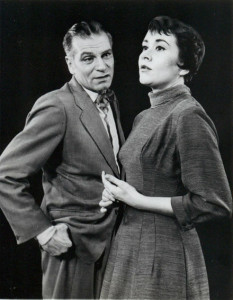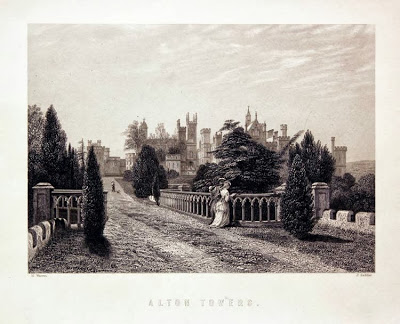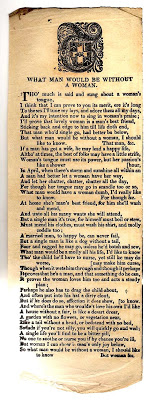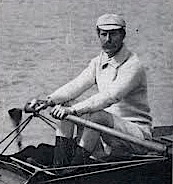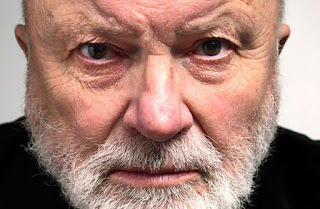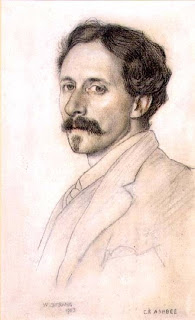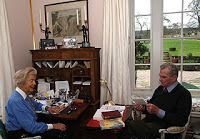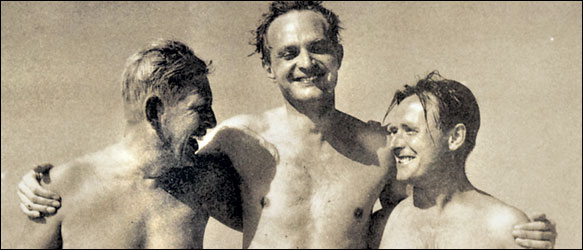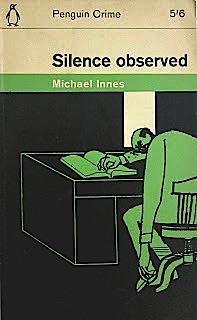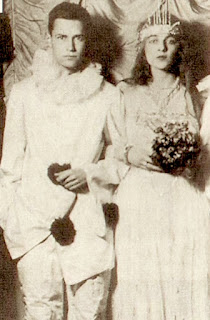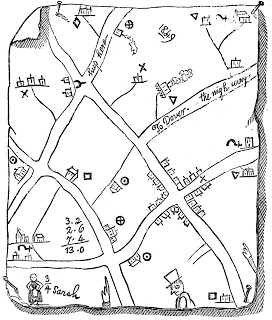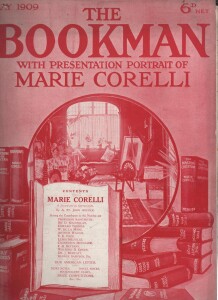 Winston Churchill, Queen Victoria, Tennyson and William Gladstone admired her; Mark Twain and most of the Press did not. She is said to have outsold Dickens. Some of her novels went into twenty-five or more editions. In an era when writers like H. G. Wells were promoting the New Woman, she reviled this modern phenomenon, and yet some of her heroines could be said to have embodied the virtues—a sense of adventure, a resoluteness and a curiosity– of this type . She promoted Christianity and yet wrote about occultism and transcendence. In her private life she dressed as a rather twee lady, but was a hard-nosed businesswoman in her dealings with publishers and the Press. She had a reputation for ostentation. Owning the grandest house in Stratford-on-Avon ( now an outpost of the University of Birmingham’s Shakespeare Institute ), she had acres of trim garden, a tower for writing and a gondola on the river. Her readers adored her, so why, nearly a hundred years after her death is Marie Corelli, arguably the best-selling female author of all time, now almost totally forgotten ? If you wish to buy a first of her many novels today, you need not part with more than a tenner—often much less. From being a former Queen of the subscription libraries Corelli has become a literary curiosity, fit only for examination in academic studies on the cult of celebrity and the role of the popular novel in society.
Winston Churchill, Queen Victoria, Tennyson and William Gladstone admired her; Mark Twain and most of the Press did not. She is said to have outsold Dickens. Some of her novels went into twenty-five or more editions. In an era when writers like H. G. Wells were promoting the New Woman, she reviled this modern phenomenon, and yet some of her heroines could be said to have embodied the virtues—a sense of adventure, a resoluteness and a curiosity– of this type . She promoted Christianity and yet wrote about occultism and transcendence. In her private life she dressed as a rather twee lady, but was a hard-nosed businesswoman in her dealings with publishers and the Press. She had a reputation for ostentation. Owning the grandest house in Stratford-on-Avon ( now an outpost of the University of Birmingham’s Shakespeare Institute ), she had acres of trim garden, a tower for writing and a gondola on the river. Her readers adored her, so why, nearly a hundred years after her death is Marie Corelli, arguably the best-selling female author of all time, now almost totally forgotten ? If you wish to buy a first of her many novels today, you need not part with more than a tenner—often much less. From being a former Queen of the subscription libraries Corelli has become a literary curiosity, fit only for examination in academic studies on the cult of celebrity and the role of the popular novel in society.
Corelli sold millions of books, but was she ever any good ? The Bookman, a serious middlebrow literary journal, certainly saw her as a significant writer. In May 1909, at the height of her fame, a whole issue was devoted to an appreciation of her life and work by A.St John Adcock, the magazine’s editor, who called on various admirers to support his view of her greatness. Firstly, Adcock takes aim at those ‘cocksure’ critics who set themselves up as the final arbiters of good writing: ‘ There are a thousand times as many critics who have never written a line of criticism, but are not therefore the less cultured, impartial, competent.’ Adcock then turns to the ‘ superior ‘ critics of Marie Corelli:
No living author has been more persistently maligned and sneered at and scouted by certain members of the Press—by the presumptuous and struttingly academic section of it particularly—than has Miss Marie Corelli; and none has won ( by sheer force of her own merits, for the press has never helped her) a wider, more persistently increasing fame and affection among all classes of that intelligent public which reads and judges books, but does not write about them… Continue reading




